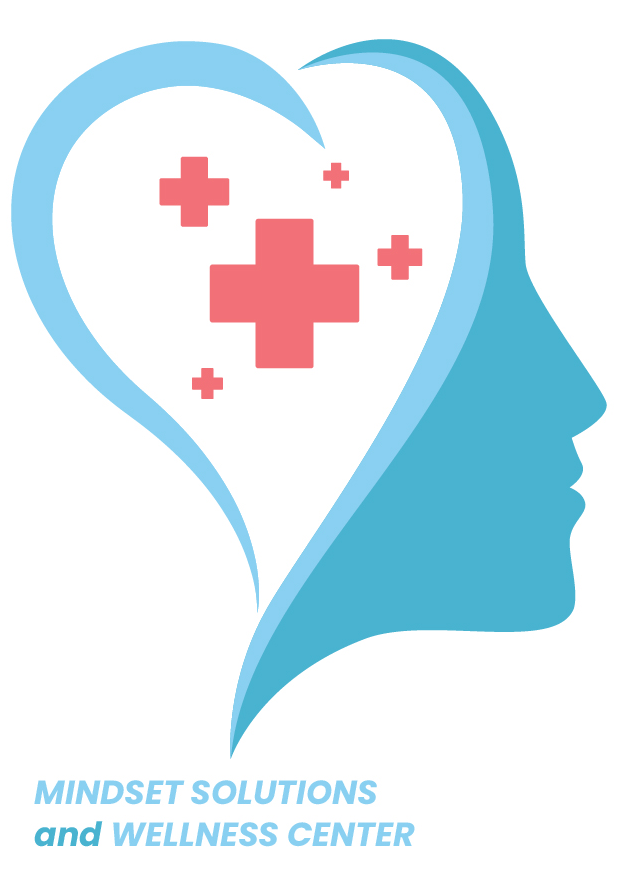Resources & FAQs
FAQs
What are questions to ask a potential provider?
You can ask how they keep up with the latest research, what kinds of medications they prescribe, and their experience with your symptoms and situation. But remember - good rapport with the provider might be the most important part of your care!
How do nurse practitioners compare with psychiatrists?
Psychiatrists go through medical school, with more hours of experience; nurses often work alongside clients before becoming a practitioner. Both are trained on diagnosis and medication treatment, and both provide quality care. However, a nurse practitioner's nursing background of partnership, advocacy, and care coordination - taking care of those little details that doctors often hand off - helps a nurse practitioner focus on the whole client to make care easier and more customized to what you need.
Why do you need to monitor my symptoms?
Anxiety and depression are complicated. In order to make sure you’re on the right treatment and making progress, we’ll ask you to do periodic check-ins to tell us how you’re doing. You and your provider will use this information to track your progress over time and make any necessary adjustments, ensuring you get the best outcome.
How effective are antidepressants?
Studies have shown that antidepressants are effective at relieving symptoms of depression—70% of Brightside members respond positively to their first prescribed medication, with 75% experiencing remission.
While antidepressants have proven to be effective, there are always ways to enhance their effect:
- 1. Our unique approach of using 100+ data points (such as symptom clusters & personal characteristics) and AI technology helps our providers deliver even better outcomes by pinpointing the right medication/dosage combo faster.
- 2. Consistently measuring progress allows you and your psychiatric provider to make informed decisions and any necessary adjustments to your treatment, if necessary. We offer Proactive Progress Tracking so you can visually see the improvement you’re making with Brightside.
- 3. Adding additional treatments, such as therapy, as part of a comprehensive care plan commonly leads to better outcomes as well.
What are common side effects of antidepressants?
Relatively common side effects of antidepressant medications include headache, nausea, insomnia, drowsiness, fatigue, diarrhea, constipation, weight gain, and issues with sexual arousal and performance. Often these side effects are temporary and/or can be effectively managed.
How can I get help if I am in crisis?
Your safety is extremely important to us. If you are in emotional distress or thinking about hurting yourself, please make use of these resources:
- 1. Visit: If you are having a medical or mental health emergency, call 911 or go to your local emergency department.
- 2. Text: The Crisis Text Line provides 24-hour free and confidential help. Text ‘HOME’ to 741-741 to connect with a trained crisis counselor immediately.
- 3. Call: You can call the Suicide Prevention Lifeline at 988 to talk with a live counselor 24 hours a day.
Help is always available. We also recommend reaching out to a family member or friend to let them know that you are having these thoughts and to ask for help and support.
How experienced are you with kids and teens?
Our provider has professional and personal experience navigating mental healthcare for kids, and knows how hard it is to be a parent and how frustrating the diagnosis and treatment process can be. Our practice uses a developmental and trauma-informed approach so that your child's treatment plan has the right balance of medication, therapy, nutrition, and collaboration with other professional services.
How do I set up a new client appointment?
Easy! Call us at (469) 405-8889. We'll call you to get some basic info including whether telemedicine or in-person would be best and email you a link to fill out new patient paperwork before your first visit.
Resources
Support Hotlines
National Suicide Hotline Call or text 988
Parenting Approaches
Nurtured Heart Approach https://difficultchild.com/
Other Links
Autism Spectrum Disorder, Mayo Clinic https://www.mayoclinic.org/diseases-conditions/autism-spectrum-disorder/symptoms-causes/syc-20352928
Learn More About ASD https://www.mayoclinic.org/diseases-conditions/autism-spectrum-disorder/diagnosis-treatment/drc-20352934
ADHD, Mayo Clinic https://www.mayoclinic.org/
Learn More About ADHD Attention-deficit/
ADHD publication https://www.additudemag.com/
Sleep Hygiene https://www.sleepassociation.org/about-sleep/sleep-hygiene-tips/
M-CHAT https://childpsychiatry.
Vanderbilt Teacher Informant https://chadd.org/wp-
Health & Science Podcast
Huberman Lab with Andrew Huberman https://hubermanlab.com



